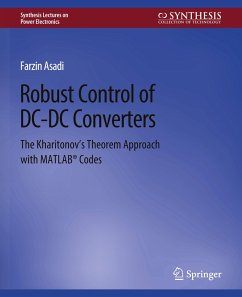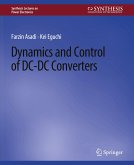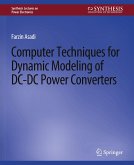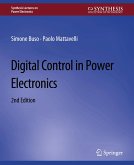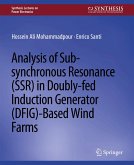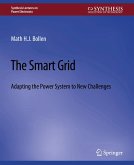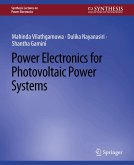DC-DC converters require negative feedback to provide a suitable output voltage or current for the load. Obtaining a stable output voltage or current in the presence of disturbances like input voltage changes and/or output load changes seems impossible without some form of control.
This book shows how simple controllers such as Proportional-Integral (PI) can turn into a robust controller by correct selection of its parameters. Kharitonov's theorem is an important tool toward this end.
This book consist of two parts. The first part shows how one can obtain the interval plant model of a DC-DC converter. The second part introduces the Kharitonov's theorem. Kharitonov's theorem is an analysis tool rather than a design tool. Some case studies show how it can be used as a design tool.
The prerequisite for reading this book is a first course on feedback control theory and power electronics.
This book shows how simple controllers such as Proportional-Integral (PI) can turn into a robust controller by correct selection of its parameters. Kharitonov's theorem is an important tool toward this end.
This book consist of two parts. The first part shows how one can obtain the interval plant model of a DC-DC converter. The second part introduces the Kharitonov's theorem. Kharitonov's theorem is an analysis tool rather than a design tool. Some case studies show how it can be used as a design tool.
The prerequisite for reading this book is a first course on feedback control theory and power electronics.

